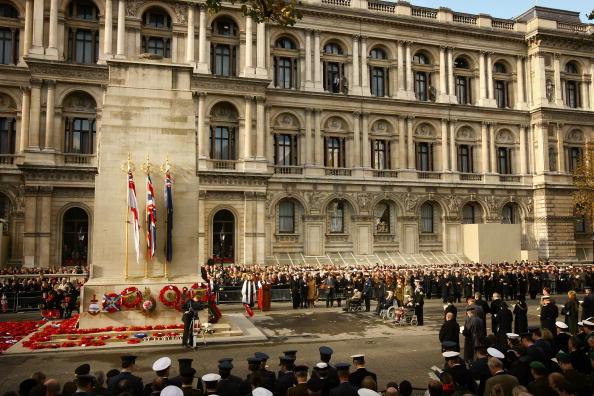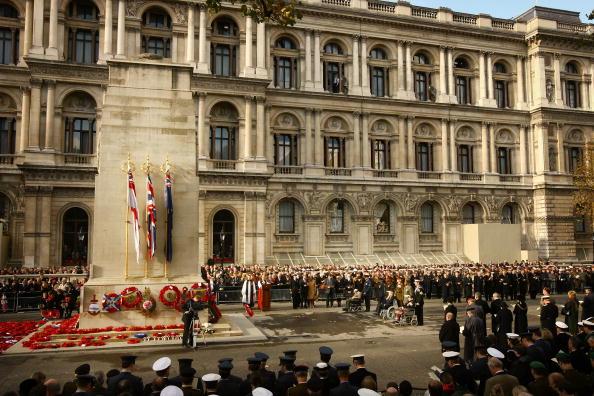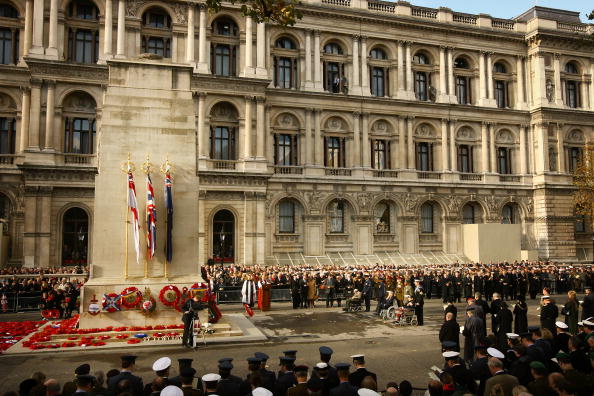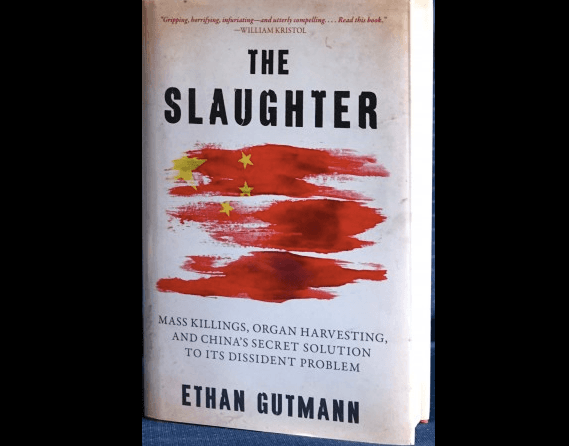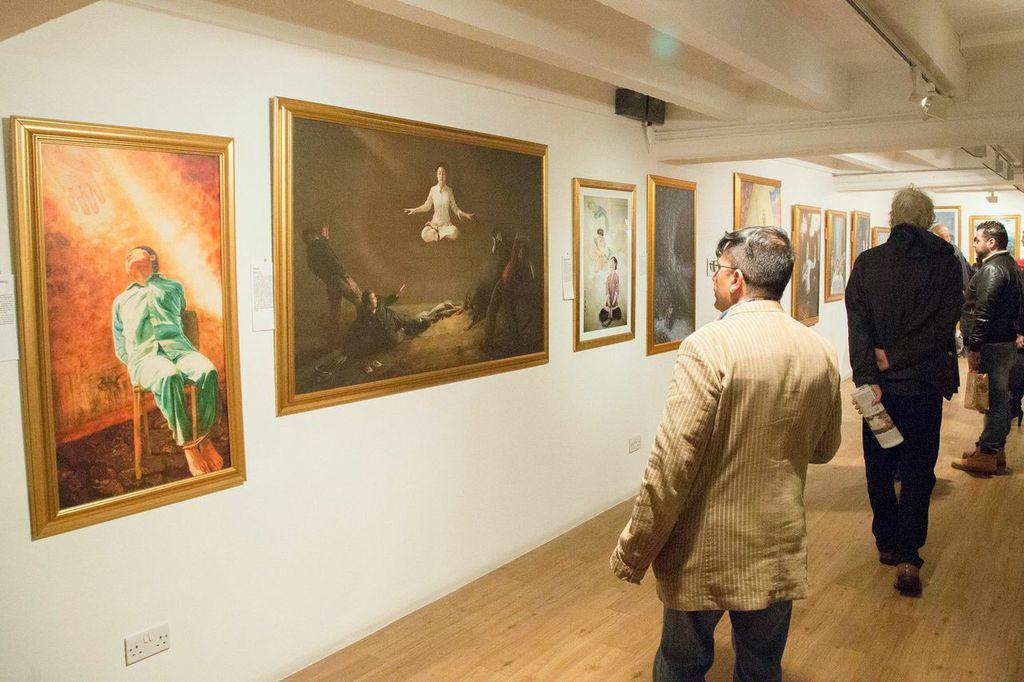Before the solemnity of Remembrance Sunday, the ignorance of the British public about dates and numbers connected to World War I was highlighted in a survey published on Nov. 4.
The poll of nearly 3,000 Britons of all ages received guesses for the start of the Great War ranging from 1800 to 1950; the date for the end differed from 1910 to 1960.
The survey by YouGov, on behalf of British Future, a non-partisan think tank, came a few weeks after the UK Prime Minister David Cameron gave a speech at the Imperial War Museum in London, where he outlined plans for the Great War centenary events that will begin in 2014.
In the speech given on Thursday, Oct. 11, Mr Cameron said, “Current generations are still absolutely transfixed by what happened in the Great War and what it meant.”
